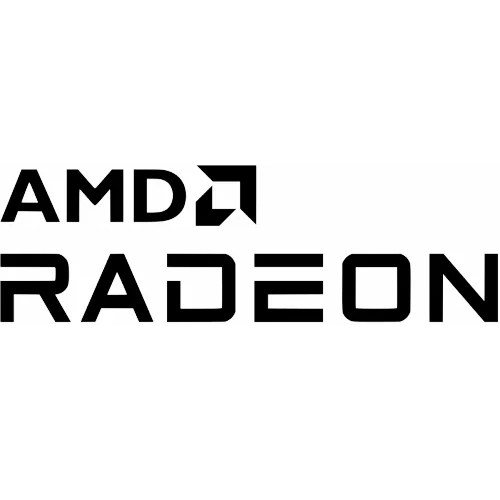AMDVLK Still Hasn't Yet Adopted FreeSync Support

It's a bit ironic that the AMDVLK Vulkan driver still hasn't done its bit of hooking into the AMDGPU FreeSync support even though the code-base is partially shared with their Windows driver and the unofficial Mesa-based "RADV" Vulkan driver is already shipping with this feature in place. When looking through the latest AMDVLK code, the FreeSync functionality remains absent.
For those interested, there is this public tracker bug / feature request about seeing AMDVLK FreeSync support.
While FreeSync may be lacking, AMDVLK still is performing competitive for Linux gaming. You can see these RADV vs. AMDVLK benchmarks from the end of May. Once Navi support rolls out to both Vulkan drivers, it will be interesting for benchmarking as well -- including the third option, using the packaged Radeon Software "PRO" driver that still appears to be using their proprietary shader compiler rather than the LLVM back-end.
18 Comments

